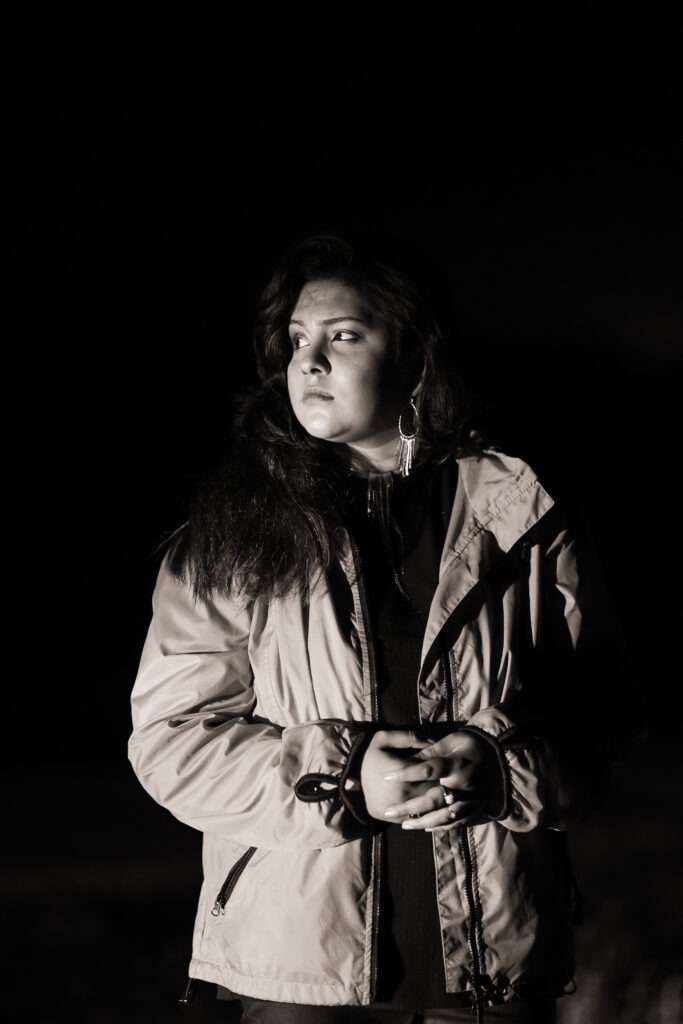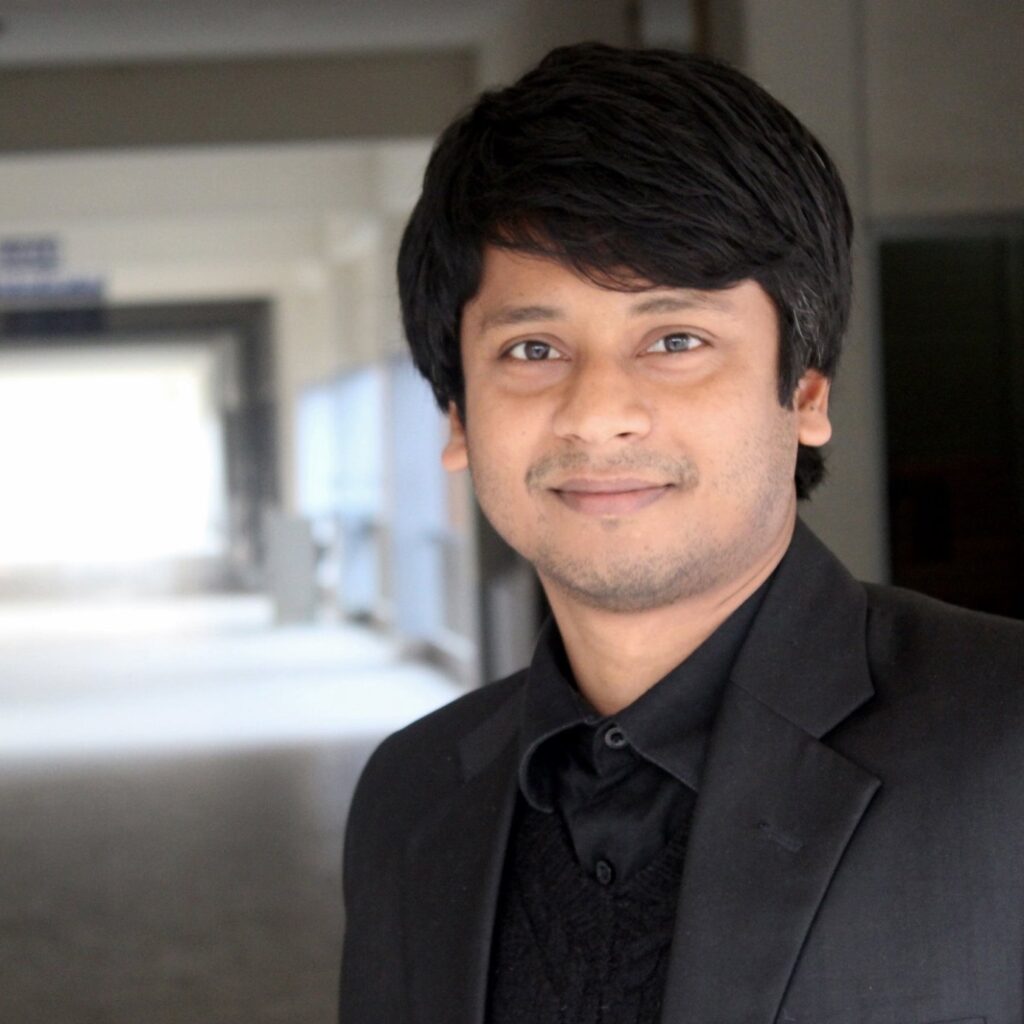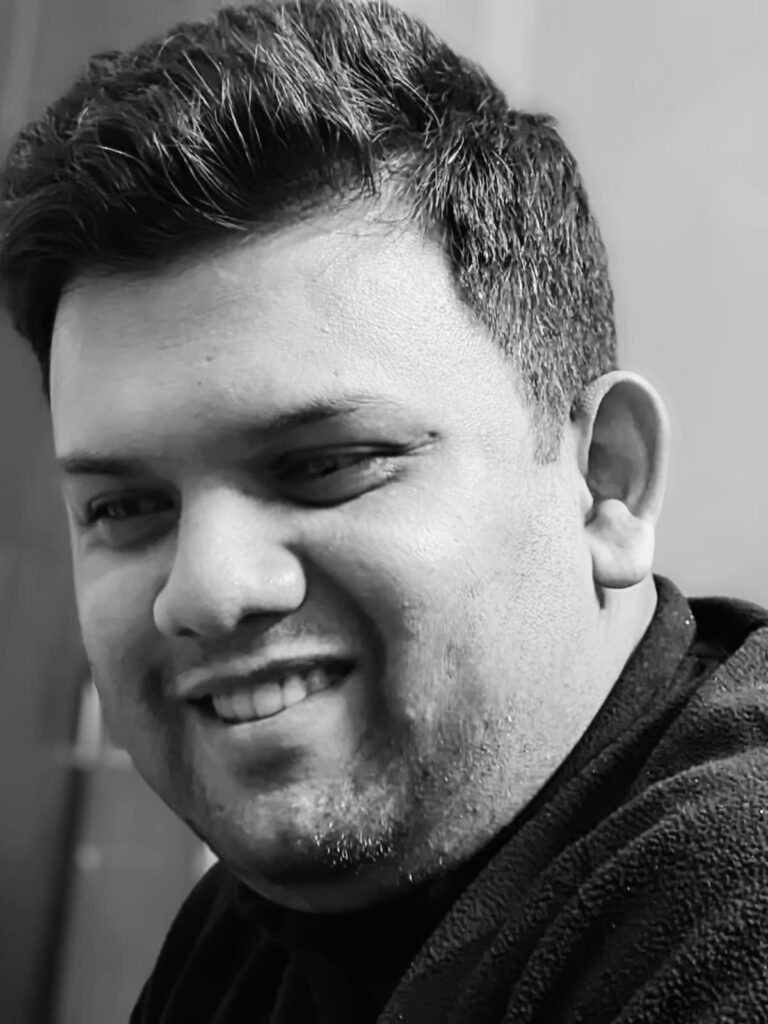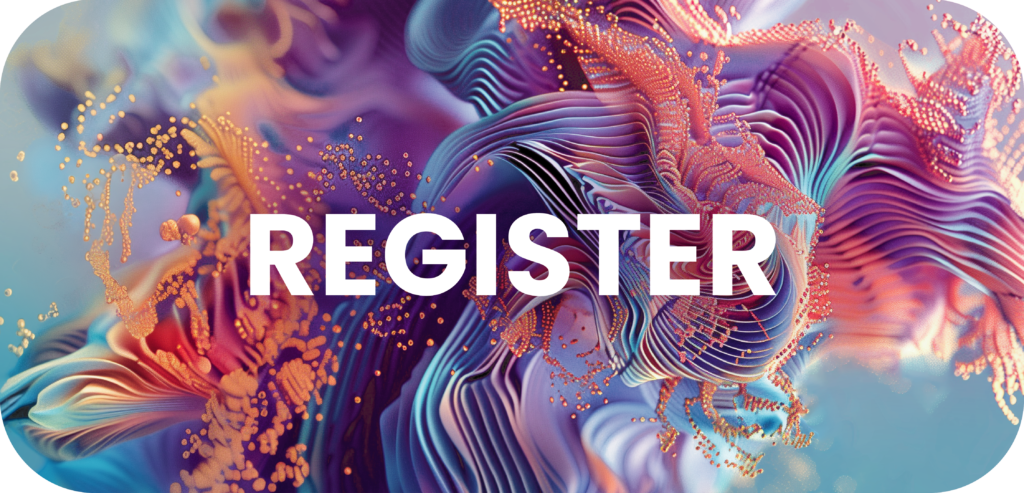Organic Innovations: Breeding Nature and Architecture through Biodesign
Instructors: Susmita Biswas Sathi / Pijush Kumar Paul / Abhijit Mojumder
Dates: 24 July – 27 July / 09:00 – 11:00 (GMT+6)
Themes: Bio Design, Computational Design, Data Visualization
Software: Rhino, Grasshopper, Basic Programing Language (Python)
Number of Students: 50
Workshop registration open until filled

Description:
In an era where sustainability is paramount, the seminar “Organic Innovations: Breeding Nature and Architecture through Biodesign” offers a unique opportunity to explore the fusion of natural principles with architectural design. This seminar will uncover how the integration of biological processes and living systems into our built environment can lead to innovative, eco-friendly solutions. Participants will delve into the world of biodesign, where architecture not only mimics nature but also collaborates with it to create sustainable, efficient, and aesthetically pleasing structures.

Workshop Objectives:
- Explore Bio design Fundamentals: Understand the core principles of bio design and its significance in modern architecture.
- Examine Sustainable Practices: Learn about the latest sustainable materials and technologies inspired by nature.
- Analyze Case Studies: Study successful bio design projects to glean practical insights and applications.
- Innovate Design Solutions: Develop creative, nature-inspired architectural solutions through collaborative exercises.

Learning Outcomes:
By the end of the seminar, participants will:
- Understand Biodesign Principles: Grasp the theoretical and practical aspects of integrating biological processes into architectural design.
- Identify Sustainable Materials: Recognize and evaluate sustainable materials and technologies derived from natural systems.
- Apply Biodesign Concepts: Apply biodesign principles to conceptualize innovative architectural projects.
- Collaborate on Eco-Friendly Designs: Work collaboratively to create design solutions that address environmental challenges.
Activities:
- Interactive Lectures: Engaging presentations on the fundamentals of biodesign, sustainable architecture, and the role of natural systems in design.
- Case Study Analysis: Detailed examination of pioneering biodesign projects.
- Hands-On Workshops: Collaborative sessions where participants will brainstorm and sketch nature-inspired architectural concepts. Activities will include designing bio-facades, integrating living walls, and planning sustainable urban spaces.
- Material Exploration: A hands-on session with sustainable materials such as mycelium, algae-based products, and other biocomposites, allowing participants to understand their properties and potential applications.
- Group Discussions: Facilitated discussions on the future of biodesign, exploring emerging trends, potential obstacles, and innovative solutions for sustainable architecture.
- Project Development: Teams will work on creating a conceptual biodesign project, presenting their ideas, and receiving feedback from peers and experts.
Conclusion:
“Organic Innovations: Breeding Nature and Architecture through Biodesign” is designed to inspire architects, designers, and environmentalists to rethink traditional design paradigms. By harnessing the power of nature, participants will learn to create structures that are not only functional and beautiful but also harmonious with the environment. This seminar will equip attendees with the knowledge, skills, and inspiration needed to lead the way in sustainable architectural innovation, fostering a future where buildings are living, breathing parts of our ecosystem.

Susmita Biswas Sathi:
Susmita Biswas Sathi is an Architect and the explorer of BioDesign & Coded Architecture. She has been one of the most prominent Tutors in DigitalFUTURES, consecutively for 4 years. She also serves as the paper reviewer (Sub) of CDRF, Tongji University, Shanghai, China. She has gained entrepreneurial fame in parametric architecture. She has attended many advanced-level workshops and given her keynote speech at many international conferences in China & India. She was selected as the most promising architect out of 10 at CAUP, Tongji University, in the DigitalFUTURES Young series twice. She has gained certifications in Computational Temple Design, Jazz Urbanism & Print Fast Pile High, a concern of robotic fabrication with Zaha Hadid Architects from DigitalFUTURES, Tongji University, Shanghai.

Pijush Kuman Paul:
Pijush Kumar Paul is a pharmacist and works as an Assistant Professor in the Department of Pharmacy at Gono Bishwabidyalay, a reputed private university in Bangladesh. He is an experienced scientist with expertise in drug delivery/formulation, nanotechnology, drug development, molecularly imprinted polymers, and lipid nanoparticles. Paul’s research background is extensively rooted in bioinspired materials constructed by the molecular imprinting technique. He obtained his Ph.D. in pharmaceutical sciences from Prince of Songkla University, Thailand. He did his postdoctoral training in the School of Pharmacy at Fudan University, affiliated with Tongji University. He has published a number of articles in high-impact journals.

Abhijit Mojumder:
Abhijit Mojumder, holding an M.Pharm degree, specializes in bio design and pattern development inspired by the human body and nature. He previously worked at Atelier cnS, where he researched and applied these patterns in architecture. In 2019, he was honored as “DigitalFUTURES Young” alongside Susmita Biswas Sathi, recognizing their innovative contributions. Abhijit’s interdisciplinary approach blends pharmaceuticals and bio design, pushing the boundaries of sustainable and aesthetically pleasing architectural solutions.


